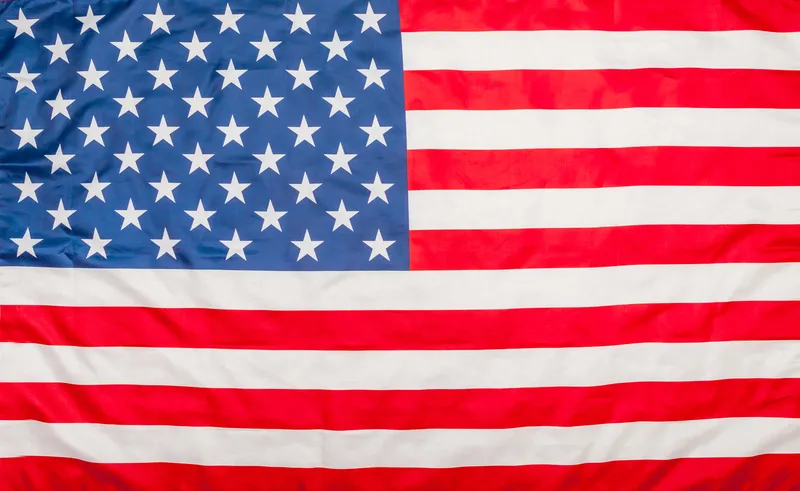The US Department of Transportation’s Federal Railroad Administration (FRA) is accepting applications for US$25 million in competitive grant funding available to railroads, suppliers, and state and local governments for positive train control (PTC) implementation. The funding is part of the 2016 Consolidated Appropriations Act that funds the US Department of Transportation.
Applications will be accepted until 19 May 2016 and FRA will give preference to projects that would provide the greatest level of p
April 5, 2016
Read time: 2 mins
The 324 US Department of Transportation’s Federal Railroad Administration (FRA) is accepting applications for US$25 million in competitive grant funding available to railroads, suppliers, and state and local governments for positive train control (PTC) implementation. The funding is part of the 2016 Consolidated Appropriations Act that funds the US Department of Transportation.
Applications will be accepted until 19 May 2016 and FRA will give preference to projects that would provide the greatest level of public safety benefits. As part of the President’s Fiscal Year 2017 budget proposal, FRA requested US$1.25 billion to assist commuter and short line railroads with implementing PTC.
In 2008, Congress mandated PTC implementation on certain railroad main lines where railroads transport poisonous and toxic-by-inhalation materials, or any line where a railroad provides regularly scheduled passenger service. Last October, Congress extended the original deadline from 31 December 2015 to at least 31 December 2018.
“Positive train control is a long overdue technology that prevents accidents and saves lives,” said U.S. Transportation Secretary Anthony Foxx. “These funds will help us get closer to implementing PTC, and I encourage applications that can make these limited dollars go as far as possible.”
“Any Congressional funding and investment to make Positive Train Control active on our nation’s railroad network is a worthwhile investment,” said FRA Administrator Sarah E. Feinberg. “But it will take even more significant funding to achieve this important, life-saving goal. We look forward to working with Congress to find these resources and encourage railroads to submit strong applications.”
Applications will be accepted until 19 May 2016 and FRA will give preference to projects that would provide the greatest level of public safety benefits. As part of the President’s Fiscal Year 2017 budget proposal, FRA requested US$1.25 billion to assist commuter and short line railroads with implementing PTC.
In 2008, Congress mandated PTC implementation on certain railroad main lines where railroads transport poisonous and toxic-by-inhalation materials, or any line where a railroad provides regularly scheduled passenger service. Last October, Congress extended the original deadline from 31 December 2015 to at least 31 December 2018.
“Positive train control is a long overdue technology that prevents accidents and saves lives,” said U.S. Transportation Secretary Anthony Foxx. “These funds will help us get closer to implementing PTC, and I encourage applications that can make these limited dollars go as far as possible.”
“Any Congressional funding and investment to make Positive Train Control active on our nation’s railroad network is a worthwhile investment,” said FRA Administrator Sarah E. Feinberg. “But it will take even more significant funding to achieve this important, life-saving goal. We look forward to working with Congress to find these resources and encourage railroads to submit strong applications.”









